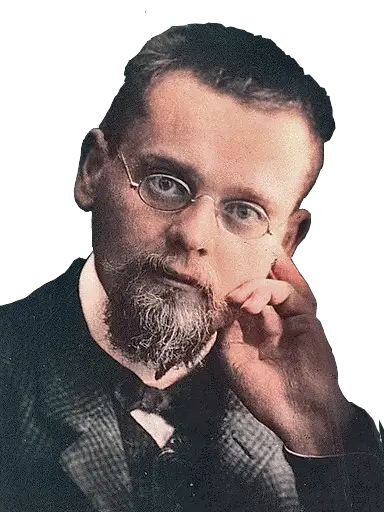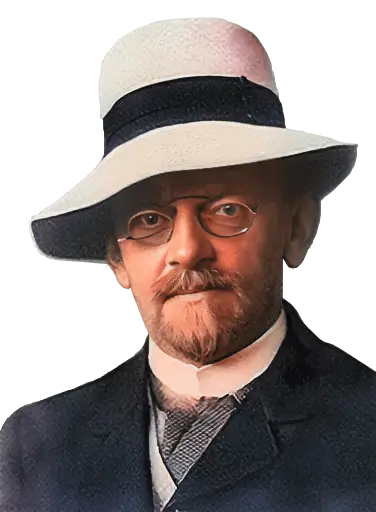The Root Cause of the Banach-Tarski Paradox
The Banach–Tarski “theorem” claims that one solid ball is equivalent to two solid balls, each of which is the same size as the original.
Does that sounds like a load of balls?
Does it seem like saying 1 = 2 ?
For years, many mathematicians have claimed that it is not contradictory, that it only seems that way, and that it is achieved by the use of a perfectly “unobjectionable” assumption.
But a logical analysis shows that there is a fundamental logical error in the argument which completely invalidates it.











Rationale: Every logical argument must be defined in some language, and every language has limitations. Attempting to construct a logical argument while ignoring how the limitations of language might affect that argument is a bizarre approach. The correct acknowledgment of the interactions of logic and language explains almost all of the paradoxes, and resolves almost all of the contradictions, conundrums, and contentious issues in modern philosophy and mathematics.
Site Mission
Please see the menu for numerous articles of interest. Please leave a comment or send an email if you are interested in the material on this site.
Interested in supporting this site?
You can help by sharing the site with others. You can also donate at where there are full details.
where there are full details.